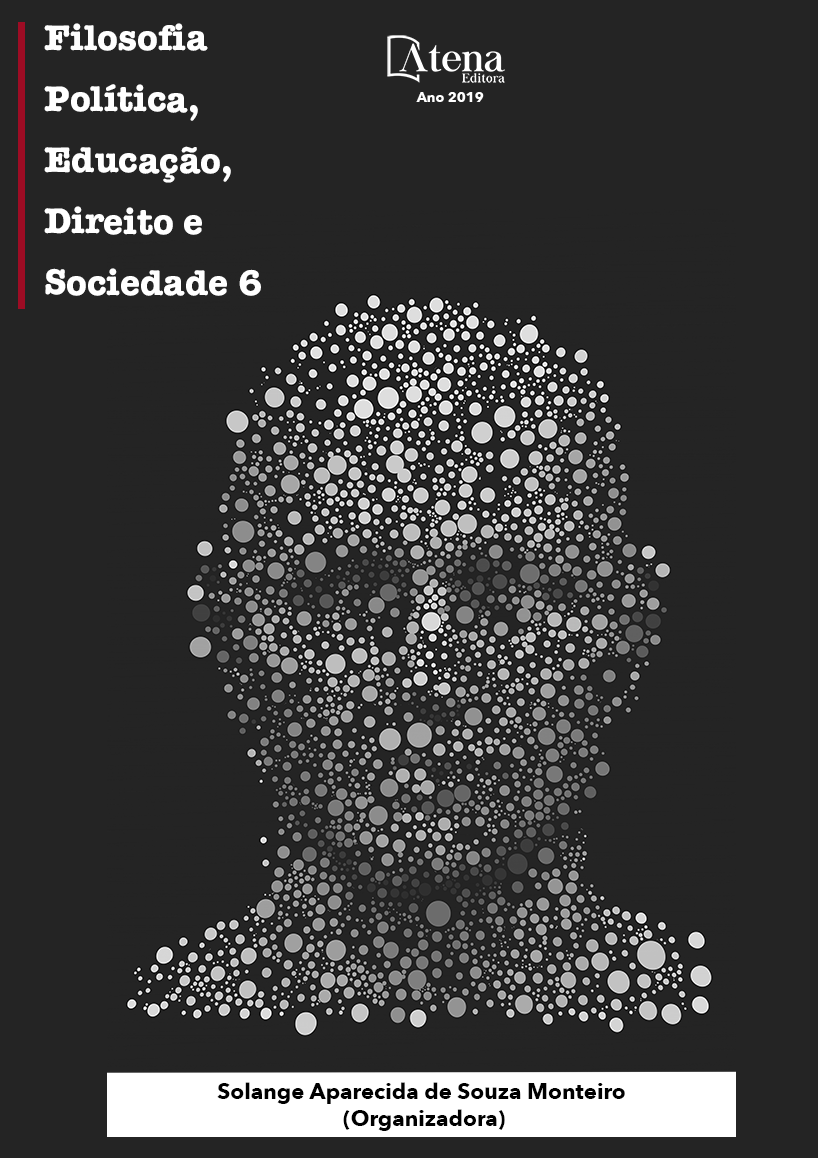
TECNOLOGIA NA SALA DE AULA: CONHECENDO OS ENTRAVES
O presente trabalho apresenta os
dados parciais de uma pesquisa qualitativa,
que tem por objetivo analisar as causas da
moderada utilização das mídias digitais em sala
de aula. O universo de estudo foram oficinas
pedagógicas realizadas com professores
e gestores, totalizando 200 profissionais,
desenvolvidas pelas autoras. Foram aplicados
dois instrumentos de pesquisa, com questões
semiestruturadas, aqui tratados como
instrumento de pesquisa 1 e 2. O instrumento
de pesquisa 1, aplicado ao início da oficina,
abordou as preocupações dos participantes
sobre o uso da tecnologia em sala de aula. O
instrumento de pesquisa 2, aplicado ao final
da oficina, solicitou aos participantes que
propusessem sugestões e alternativas para
o uso das tecnologias. A análise preliminar
dos dados, tratados na perspectiva da análise
do discurso, apontam para a dualidade de
opiniões no início e ao final da discussão e
troca de experiências. É visível, pelo número de
resposta nos dois questionários, que a princípio
os participantes se sentiram mais à vontade
para elencar os aspectos negativos do que para
apontar soluções possíveis. A leitura e análise
dos dados ainda revelam muitos outros aspectos
que não foram o foco inicial das autoras, mas
que, quando concluídas, contribuirão para
uma melhor compreensão das dificuldades
que cercam a apropriação pedagógica das
tecnologias a favor da aprendizagem dos
alunos.
TECNOLOGIA NA SALA DE AULA: CONHECENDO OS ENTRAVES
-
DOI: 10.22533/at.ed.99519040214
-
Palavras-chave: tecnologia, educação, professor.
-
Keywords: technology, education, teacher.
-
Abstract:
The present work presents the
partial data of a qualitative research, whose
objective is to analyze the causes of the moderate
use of the digital media in the classroom. The
universe of study were pedagogical workshops
carried out with teachers and managers, totaling
200 professionals, developed by the authors.
Two research instruments were applied with
semi-structured questions, which are treated
as research tool 1 and 2. Research instrument
1, applied to the beginning of the workshop,
addressed the participants’ concerns about the
use of technology in the classroom. The research
tool 2, applied at the end of the workshop, asked
the participants to propose suggestions and
alternatives for the use of the technologies. The
preliminary analysis of the data, treated from
the perspective of discourse analysis, point to
the duality of opinions at the beginning and the end of the discussion and exchange
of experiences. It is apparent from the number of responses in the two questionnaires
that at first the participants felt more comfortable in pointing out the negative aspects
than in pointing out possible solutions. The reading and analysis of the data still reveal
many other aspects that were not the initial focus of the authors, but that, concluded,
will contribute to a better understanding of the difficulties that surround the pedagogical
appropriation of the technologies in favor of the students’ learning.
-
Número de páginas: 15
- ADRIANA VAZ EFISIO EMANUEL


